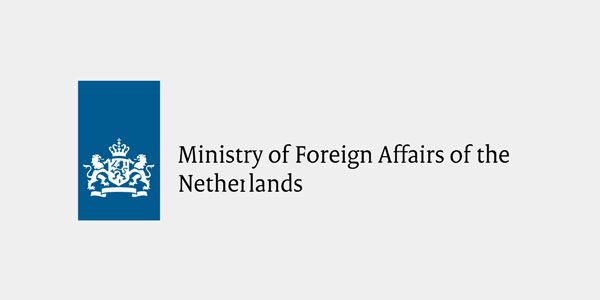The Issue
Decades of conflict have left South Sudan heavily contaminated with explosive ordnance (EO), including anti-personnel and anti-vehicle mines, cluster munition remnants, and other explosive remnants of war. This contamination affects all ten states, with Eastern Equatoria among the most severely impacted. Over 22 million m² of land is still classified as hazardous, posing serious risks to civilians and obstructing development. The situation is further complicated by overlapping contamination footprints and unverified cluster munition strikes, making accurate assessment and clearance planning difficult.
In Eastern Equatoria, an agriculturally rich region known as the “Green Belt”, EO contamination prevents safe access to arable land, disrupts key trade routes, and hinders the reintegration of returnees from Uganda and Kenya. These factors severely limit food production, infrastructure development, and economic recovery. The contamination also disproportionately affects vulnerable populations, particularly women, by restricting livelihood opportunities and mobility. Without targeted intervention, these issues will continue to undermine peacebuilding, recovery, and resilience efforts. Addressing this challenge requires an integrated approach that combines Humanitarian Mine Action (HMA) with Food Security and Livelihoods (FSL) programming to clear land, deliver risk education, and restore safe, productive use of land in support of sustainable resettlement and recovery.
The Project
This project directly tackles the complex challenges of EO contamination in Eastern Equatoria by integrating Humanitarian Mine Action (HMA) with Food Security and Livelihoods (FSL) programming. The project ensures that land cleared through mechanical and spot-task clearance becomes safely accessible for farming, reconstruction, and infrastructure development. Explosive Ordnance Risk Education (EORE), delivered by the national partner SPEDP, targets high-risk groups, particularly returnees and children, to reduce accidents and promote safer behaviour.
Simultaneously, capacity building efforts focus on strengthening local implementation, with an emphasis on women’s participation in technical roles, fostering inclusive, nationally owned mine action. By restoring safe access to land, enhancing awareness, and supporting local actors, the project creates conditions for improved livelihoods, food security, and dignified resettlement, ultimately contributing to long-term peacebuilding, economic development, and community resilience in a region deeply affected by conflict and displacement.

The Change
The project is expected to bring tangible improvements to the lives of communities in Eastern Equatoria by restoring safe access to land and enabling socio-economic recovery. Through mechanical clearance and targeted spot tasks, hazardous land, particularly high-potential agricultural areas, will be made safe for cultivation, resettlement, and infrastructure development. This will directly benefit returnees, farmers, and traders by opening up essential trade routes and arable land, thereby supporting food security and local markets.
Interactive Explosive Ordnance Risk Education (EORE) will increase awareness among high-risk groups, especially returnees and children, leading to reduced accidents and safer daily practices. As people feel safer and more informed, freedom of movement will increase, enabling access to schools, health services, and economic opportunities.
By strengthening local partners, particularly through training and inclusion of women in technical roles, the project promotes equitable, nationally owned mine action. This enhances local capacity to manage risks and sustain mine action efforts beyond the project duration. Overall, the initiative will reduce fear and risk, increase land productivity, and support dignified returns and improved livelihoods, fostering greater resilience, stability, and social cohesion in communities recovering from the long-term impacts of conflict and displacement.
The Partner
Support for Peace and Education Development Programme (SPEDP)
Support for Peace and Education Development Programme (SPEDP) is an International Non-Governmental Organization (INGO) founded in 2007 by a team of dedicated professionals and social development practitioners. Committed to promoting peace, education and sustainable development, SPEDP operates across several countries in the region. Headquartered in South Sudan, the organization also has a strong presence in Uganda, specifically in Koboko, Yumbe, and Arua Districts and in the Democratic Republic of Congo, where it is active in Bunia, lturi Province. SPEDP’s cross-border footprint underscores its mission to empower communities and enhance resilience in fragile and conflict-affected settings.

About the project
Full Title: MACM III
Timeline: June 2025 to December 2029
Partner: SPEDP (EORE and FSL)
Amount: 5,800,000 EUR
DCA Theme: Building Resilient Communities and Saving Lives
Donor: Ministry of Foreign Affairs of the Netherlands


